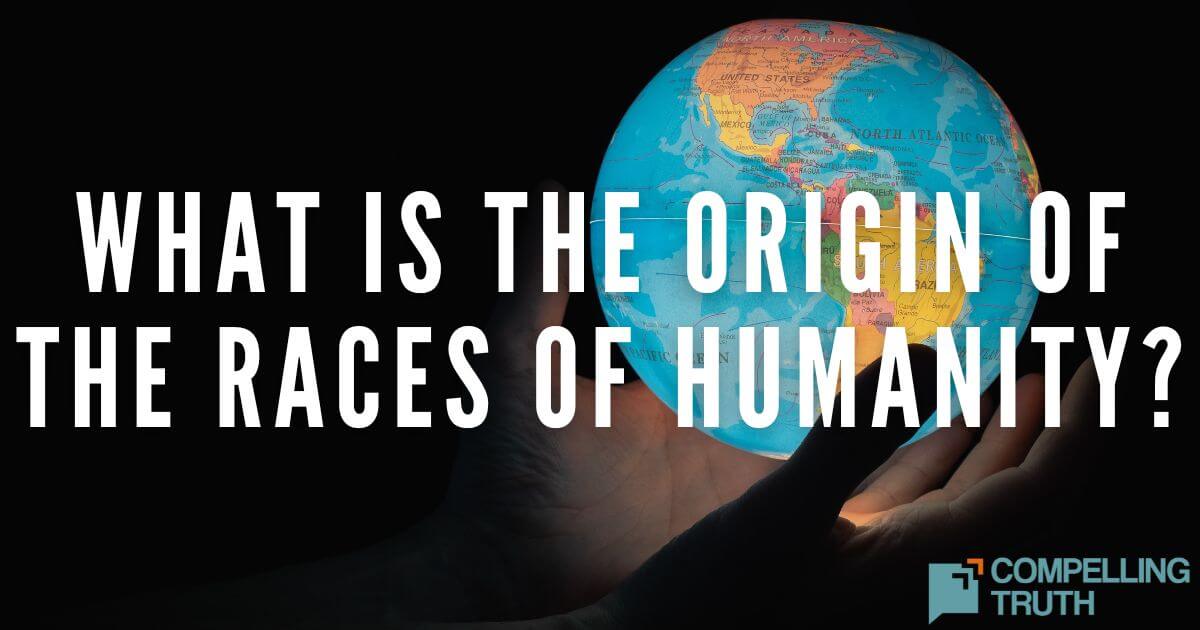what does the bible say?
The Bible does not provide a direct explanation for why people before the flood lived such long lives. Scholars have proposed many theories, ranging from physical environment to spiritual reasons. Certainly, one effect of those long lives was that people could more quickly populate the earth, as God commanded in Genesis 1:28. A lack of disease and more pristine environment before the flood could have helped extend lives.
Someone who lived for centuries could accumulate vast knowledge, helping create civilization and culture, and making advances in areas such as technology and music (Genesis 4:21-22). Between the times of Adam and Noah, it is reasonable to assume that God’s oral revelation was communicated and preserved from generation to generation until it was ultimately written down in the days of Moses. Extended lifespans helped facilitate the oral tradition. For us today, those long lives contrast with our short lives, highlighting our need to understand physical death and God's plan for eternal life through belief in the person and works of Jesus Christ.




